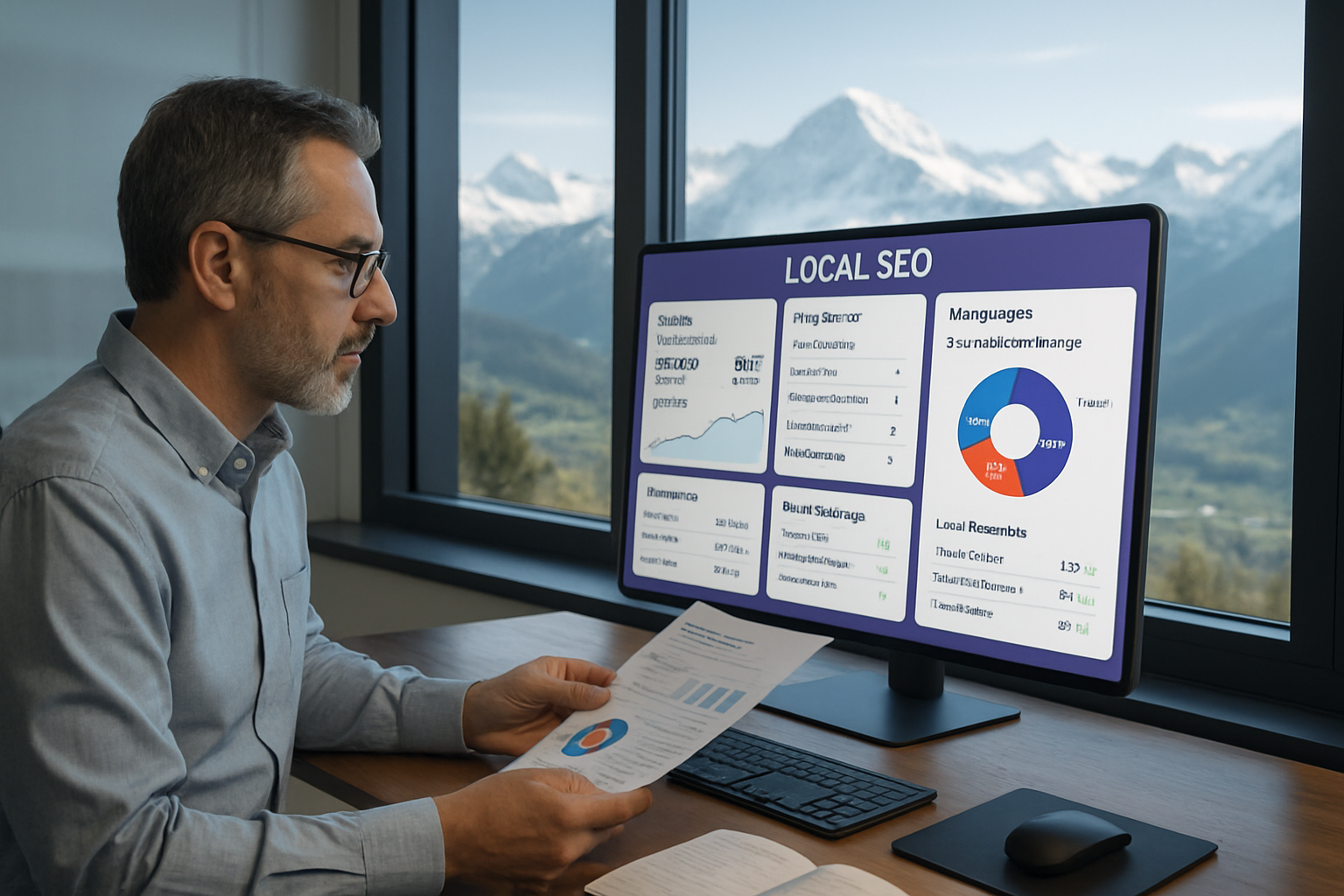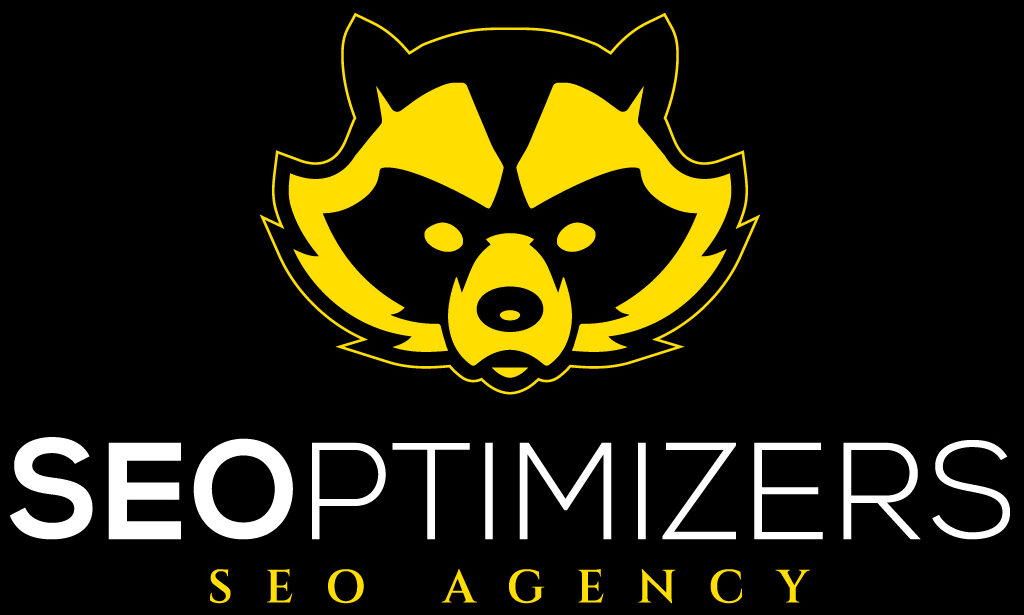Switzerland’s search market demands precision: multilingual audiences, strict privacy expectations, and a tech-savvy user base create a landscape where generic SEO no longer suffices. This article examines practical, actionable strategies Swiss businesses can deploy to win organic visibility in 2025. You will meet Helvetia Outdoors — a fictional Alpine gear brand used throughout as a running example — and learn how it adapts keyword research, technical fixes, content personalization, and local link-building to outperform competitors. The guide ties tool recommendations (from Ahrefs and SEMrush to Siteimprove and Screaming Frog), privacy-compliant measurement practices using Google Analytics, and AI-aware content governance influenced by E‑A‑T. Practical links to Swiss resources and agency lists help readers act fast, and each section closes with a focused insight you can test within weeks. Whether you run an e-commerce shop in Zurich, a B2B service in Geneva, or a multi-location chain across cantons, the tactics that follow are designed to be measurable, localized, and resilient to algorithm change.
Localized SEO Strategy: how Swiss businesses win regional search
To capture attention in Switzerland, prioritize hyper-localization. Helvetia Outdoors, our case study, began by mapping demand across cantons: Geneva searches differ from Zurich, and Ticino uses Italian phrases rather than standard Italian. A clear mapping of locale, language, and user intent is the first commercial differentiator.
Actionable steps include language segmentation, regional landing pages, and a consistent NAP signal across directories. Use a .ch domain when primary business is in Switzerland, and configure hreflang tags for Swiss German (de‑CH), French (fr‑CH), and Italian (it‑CH) pages.
Concrete tasks and quick wins
- Audit current language pages with Screaming Frog to detect duplicate content and missing hreflang tags.
- Run a local citation sweep: ensure consistent NAP on Local.ch, Search.ch and your Google Business Profile.
- Deploy regional landing pages for top cities (e.g., Zurich, Geneva, Lugano) with unique offers and CHF pricing.
Examples matter: Helvetia Outdoors created a “Buy Winter Jackets in Zurich” page that referenced local pickup points, Zurich transport links, and Zurich‑specific testimonials. That reduced bounce and increased local conversions.
| Focus Area | Why it matters | Quick Tool |
|---|---|---|
| Language targeting | Matches regional intent | Yoast + hreflang |
| Local citations | Improves trust in local pack | Local.ch, BrightLocal |
| Mobile UX | Mobile-first indexing | Google PageSpeed, Siteimprove |
Prioritize these localized KPIs:
- Local pack appearances for city keywords.
- Conversion rate by region (CHF sales and inquiries).
- Average ranking position across language variants.
When to call an agency: if your business uses many languages and locations, review specialist teams in Switzerland — start with curated lists such as this roundup of top agencies in Zurich (Top 10 SEO agencies – Zurich).
Final insight: hyper-localization turns national budgets into local relevance; map your top 10 city-keyphrases and test dedicated landing pages for each.

Keyword research and multilingual content: targeting Swiss intent
Effective keyword research in Switzerland is both linguistic and cultural. Users in German‑speaking cantons use different idioms than in Austria or Germany; similarly, Swiss French searches often differ from France’s phrasing. Helvetia Outdoors shifted from generic terms to long‑tail, question‑based queries and saw more qualified traffic.
Start by building language-specific seed lists and expand them with tools. Combine global tools and Swiss-focused insights: Google Keyword Planner for volume, SEMrush and Ahrefs for competitor analysis, Serpstat for keyword clustering. For trending or seasonal spikes, consult Google Trends filtered to Switzerland.
Methodology for Swiss keyword research
- Segment by language: Swiss German, French, Italian, English.
- Group by intent: transactional, informational, navigational.
- Prioritize long-tail and question phrases for voice search and conversational queries.
Voice and zero‑click patterns make question optimization essential. For example, instead of just “ski rentals Zermatt” optimize an FAQ block: “Where to rent skis in Zermatt for families?” That format increases chances for featured snippets and voice assistant answers.
| Keyword Type | Example (German) | Purpose |
|---|---|---|
| Transactional | “Skier mieten Zermatt” | Drive bookings |
| Informational | “Beste Wanderwege Berner Oberland” | Top‑of‑funnel traffic |
| Question | “Wo kaufe ich Raclettekäse in Basel?” | Featured snippet & voice |
Practical list of checks:
- Audit competitor keywords using Ahrefs to find gaps your site can exploit.
- Localize meta titles and descriptions with city names and CHF prices where relevant.
- Monitor seasonal keywords (skiing vs hiking) and prepare landing pages ahead of peaks.
Tools like Moz and Majestic remain useful for backlink and authority signals tied to targeted keywords. For editorial quality and readability, pair keyword insight with Yoast to enforce SEO best practices in CMS.
Case study: Helvetia Outdoors used a targeted cluster around “family-friendly ski rental Zermatt” and produced a long-format guide plus an FAQ. Organic sessions increased by 38% within two months, and the page captured a featured snippet for an important query.
For advanced tactics, read the specialized LLM and voice search playbooks — these explain how language models change query patterns: LLM SEO strategies and voice search optimization techniques.
Final insight: treating each language region as a separate market with its own keyword map produces measurable uplift — build, test, and iterate monthly.
Technical SEO and Core Web Vitals: build a fast, crawlable Swiss site
Technical health is non-negotiable for performance in Swiss search. With mobile-first indexing the rule, Swiss hosting choices, server proximity, and Core Web Vitals are decisive. Helvetia Outdoors moved to a Swiss‑hosted CDN and resolved layout shifts that were breaking mobile checkout, which improved conversions.
Key technical audits should include crawlability, indexing, mobile usability, site speed, and structured data. Use Screaming Frog for full-site crawls, Siteimprove for content-quality and accessibility issues, and Google Analytics plus Search Console for real-world user and indexing signals.
Checklist for Swiss technical SEO
- Hreflang and canonical tags validated for all language pages.
- XML sitemap includes language variants and product pages; resubmit to Search Console.
- Core Web Vitals (LCP, FID, CLS) optimized to target thresholds.
- Mobile-first responsive templates; checkout flows tested on common Swiss devices.
- HTTPS site-wide and privacy-first cookie consent aligned with Swiss data rules.
Server location matters more than many expect. Hosting in Switzerland or proximate EU data centers reduces latency for users and can improve perceived speed, particularly for localized businesses with many domestic customers.
| Technical Focus | Tool | Priority |
|---|---|---|
| Crawl & Index | Screaming Frog, Search Console | High |
| Accessibility & Content Quality | Siteimprove | Medium |
| Performance | PageSpeed Insights, Lighthouse | High |
Implement schema for local businesses, products, events, and FAQs to increase SERP real estate. For example, Helvetia Outdoors added product schema with availability and shippingJSON‑LD for Swiss delivery windows; this lifted rich result impressions substantially.
| Tool | Primary Use | Strengths | Best for |
|---|
- Focus on technical audits and local keyword research for Swiss language regions.
- Prioritize accessibility and multilingual content for compliance and reach.

